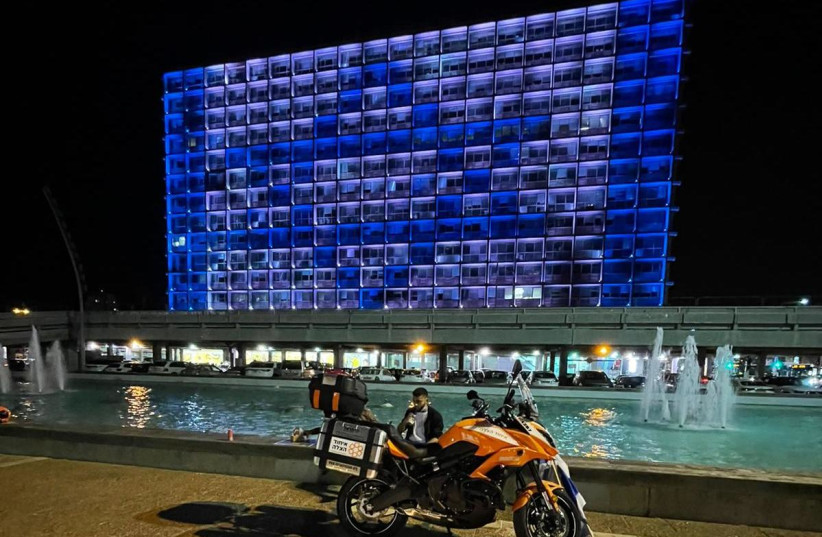Residents in some 242 local authorities across Israel will head to polls today to choose their municipal leaders and councils, in an election that was scheduled for October 31 but postponed twice due to Israel’s ongoing war against Hamas in Gaza and conflict with Hezbollah on the northern border.
This is the third time in Israel’s history that municipal elections were delayed. In 1973, municipal elections that were scheduled for October 30 were postponed to December 31 due to the outbreak of the Yom Kippur War; and municipal elections scheduled for November 1982 were postponed to October 1983 due to the First Lebanon War.
Some 11 local authorities, five from the Gaza border area and six along the northern border, will only vote in November as their residents are spread out in hotels and temporary living arrangements across the country.
The unusually large number of IDF soldiers and reservists, including soldiers who are currently in the Gaza Strip, already began voting on February 20 to allow for their ballots to be collected and tallied on time. The final results will be published closer to the weekend.
The vote is open to residents who turned 17 before November 7, 2023. Voting locations can be found on the election’s online portal.

What will voters be able to expect heading into elections?
Voters will encounter two sets of ballots. Yellow ballots are for individual candidates for mayor or regional authority head, and white ballots are for parties that will make up the city or region’s council.
Mayors must win at least 40% of the vote to win. If no candidate reaches 40%, the top two finishers will face each other head-to-head in a second vote on March 10.
